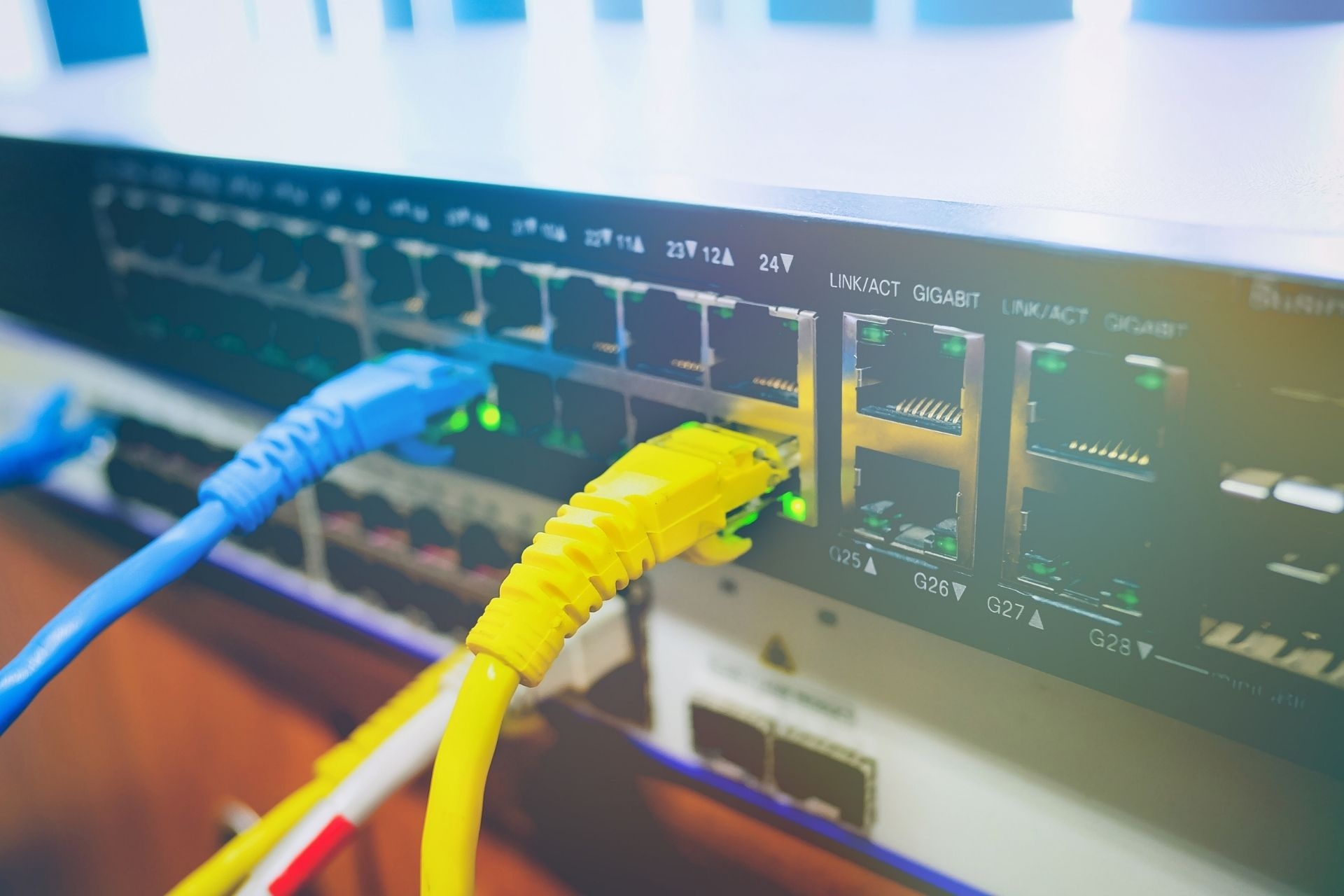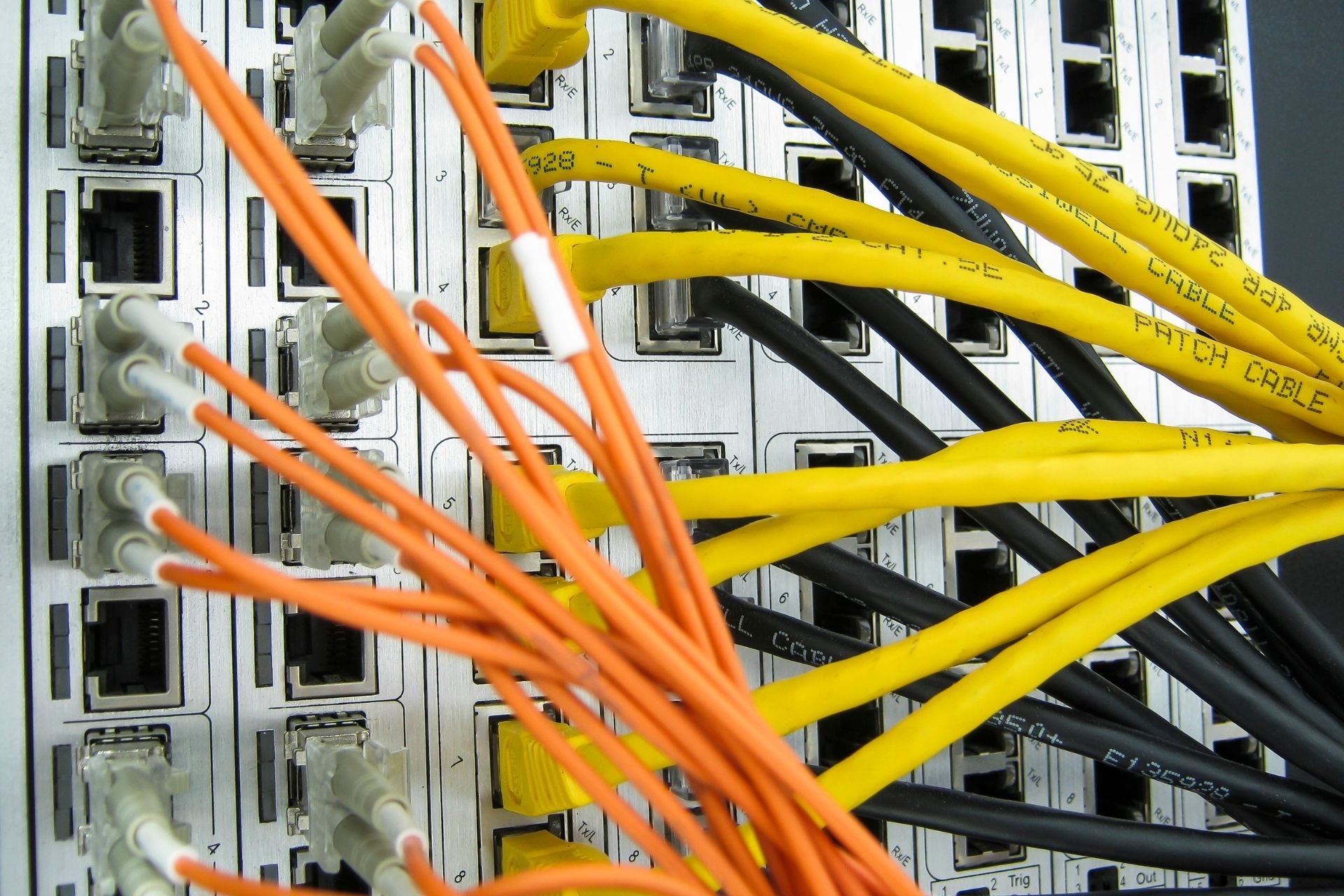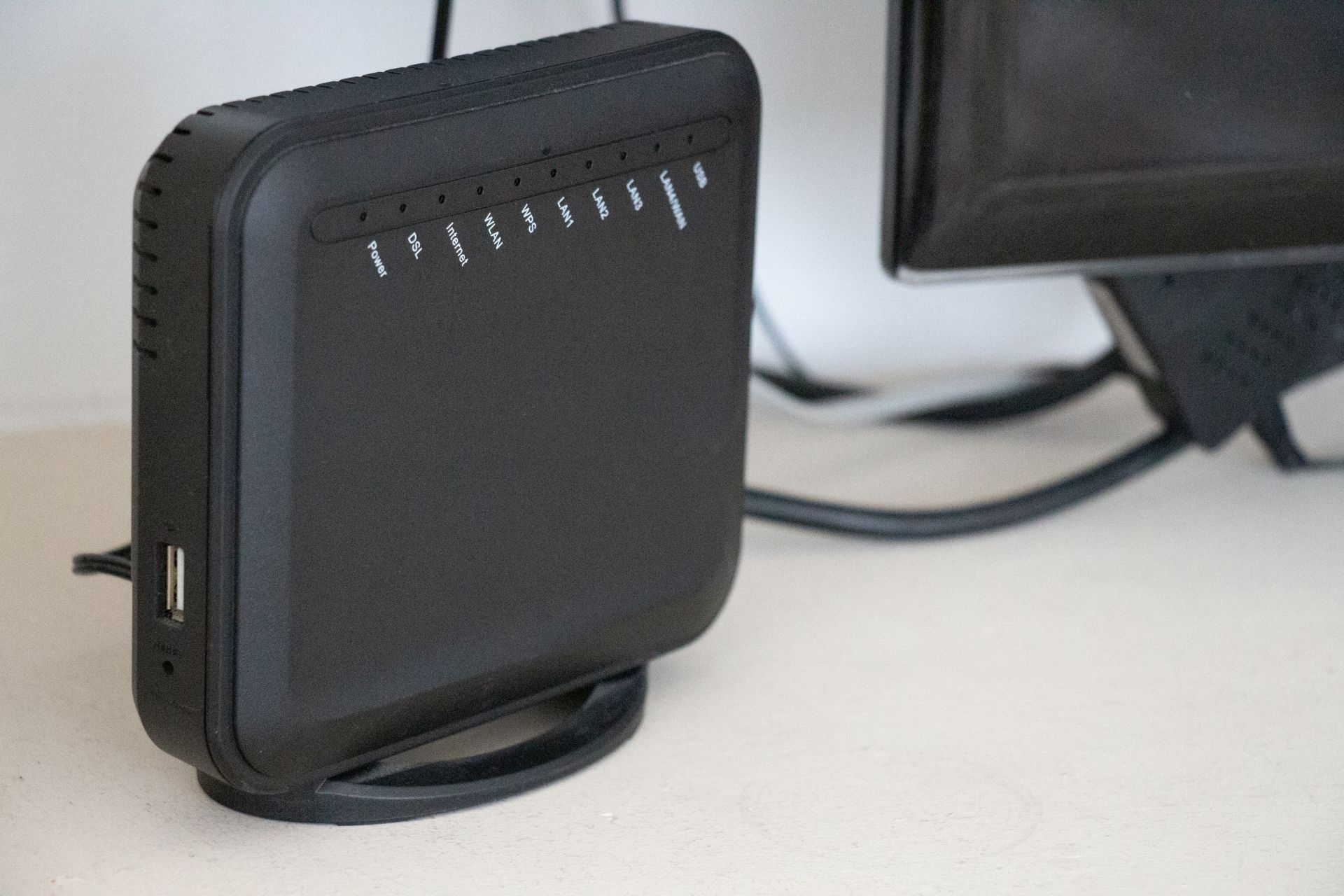

Peering at Internet Exchange Points (IXPs) offers network operators numerous benefits, including improved network performance, reduced latency, increased redundancy, and enhanced resilience. By connecting directly with other networks at an IXP, operators can exchange traffic more efficiently, leading to faster data transfer speeds and lower costs. Additionally, peering at IXPs allows operators to access a larger pool of potential peers, leading to more diverse routing options and improved network reach.
Internet Exchange Points (IXPs) play a crucial role in reducing latency and enhancing network performance by providing a centralized location for networks to interconnect and exchange traffic. By peering at an IXP, network operators can establish direct connections with other networks, bypassing the need to route traffic through multiple intermediaries. This direct interconnection results in shorter transmission paths, reduced latency, and improved overall network efficiency.
THE MOST IMPORTANT UTILITY™ Dojo Networks provides THE MOST IMPORTANT UTILITY™ service: Reliable high-speed internet access. Internet service is touched by your residents more than their lights, hot water, or heat/AC. MDU owners and property managers agree that residents place a high priority on high-speed internet service and according to a survey by Entrata, a “basic technology package” that includes internet access tops the list of amenities for which residents are willing to pay a premium.

Posted by on 2023-05-19
Multi Dwelling Unit (MDU) Property Owners have been besieged over the past 30 years by cable and telecom companies offering to provide television and high-speed internet services through contracts that vary from simple Right of Entry (ROE) to complicated Installation & Service Agreements. Today, the complexity of these contracts continues to be great, and property owners should use caution and seek professional advice before signing any new or renewal agreements.

Posted by on 2023-05-03
Touched by your residents more than their lights or hot water, the Internet has become a required utility, and managed WiFi is the perfect way to deliver the utility to your tenants. Tenants believe that the Internet should just work—no questions asked, no matter where they are in your building or on your property. You want happy tenants, and you recognize the competitive advantage and potential income that managed WiFi offers. You also know that installing managed WiFi can require a substantial capital investment, so you need to do it right the first time, with a vendor you can trust and rely on. But how do you find the best vendor? What should you require, and what questions should you ask?

Posted by on 2023-04-27
Do you know what you are putting your residents through? by Joe Geroux I have been in the telecommunications Industry for over 30 years! Recently my sister moved from Naples, FL to Nashville, TN and trying to help my big sister get set up in her new apartment was one task I took on as her little brother!

Posted by on 2023-01-19
Route servers at Internet Exchange Points (IXPs) facilitate peering by simplifying the process of exchanging routing information between participating networks. These servers act as intermediaries that help automate the exchange of routing tables, making it easier for networks to establish peering relationships and exchange traffic efficiently. By using route servers, network operators can streamline the peering process and reduce the administrative burden associated with managing multiple peering agreements.

Internet Exchange Points (IXPs) contribute to reducing the cost of data transit for network operators by enabling them to exchange traffic directly with other networks at a lower cost than traditional transit providers. By peering at an IXP, operators can avoid costly transit fees and reduce their reliance on third-party providers for data exchange. This direct peering model not only lowers operational costs but also improves network performance and scalability.
Different types of peering arrangements are available at Internet Exchange Points (IXPs), including settlement-free peering, paid peering, and private peering. In settlement-free peering, networks exchange traffic without any financial compensation, based on the principle of mutual benefit. Paid peering involves one network paying another for the exchange of traffic, while private peering allows networks to establish dedicated connections for exclusive traffic exchange.
MDU Internet Infrastructure Used Currently For Commercial Applications in 2024

Internet Exchange Points (IXPs) enhance network resilience and redundancy for network operators by providing multiple points of interconnection with other networks. By peering at an IXP, operators can establish diverse routing paths and backup connections, reducing the risk of network outages and improving overall network reliability. In the event of a network failure or congestion, operators can reroute traffic through alternative paths available at the IXP, ensuring continuous service availability.
Security measures implemented at Internet Exchange Points (IXPs) help protect against DDoS attacks and other threats that could disrupt network operations. These measures may include traffic filtering, access control policies, and monitoring systems to detect and mitigate malicious activities. By implementing robust security measures, IXPs can safeguard the integrity and stability of the networks interconnected at the exchange point, ensuring a secure and reliable environment for data exchange.

Network monitoring tools play a crucial role in managing MDU internet connectivity by providing real-time visibility into network performance, bandwidth usage, and security threats. These tools help network administrators identify and troubleshoot issues such as network congestion, latency, and downtime, ensuring a seamless internet experience for residents in multi-dwelling units. By monitoring key metrics like packet loss, throughput, and latency, administrators can proactively address potential issues before they impact user experience. Additionally, network monitoring tools can help optimize network resources, allocate bandwidth efficiently, and enforce security policies to protect against cyber threats. Overall, these tools enable administrators to maintain a reliable and high-performing internet connection for MDU residents.
Service level agreements (SLAs) in MDU internet contracts are typically negotiated between the internet service provider (ISP) and the property management company or homeowners' association representing the multi-dwelling unit (MDU). These negotiations often involve discussions around uptime guarantees, response times for technical support, and penalties for not meeting agreed-upon service levels. Once the SLA is agreed upon, it is enforced through regular monitoring of performance metrics by both parties. If the ISP fails to meet the SLA requirements, the contract may include provisions for compensation or termination of the agreement. Additionally, some MDU internet contracts may include clauses for dispute resolution in case of disagreements over SLA enforcement. Overall, negotiating and enforcing SLAs in MDU internet contracts is crucial for ensuring reliable and high-quality internet service for residents.
Remote PHY architecture offers several advantages in MDU broadband deployments. By moving the physical layer functions closer to the end-user, operators can improve signal quality, reduce latency, and increase bandwidth capacity. This architecture also allows for easier scalability and flexibility in network upgrades, as well as more efficient use of existing infrastructure. Additionally, remote PHY enables operators to provide advanced services such as high-definition video streaming, low-latency gaming, and IoT connectivity to residents in MDUs. Overall, remote PHY architecture enhances the overall user experience and helps operators meet the growing demand for high-speed internet in multi-dwelling units.
Multiple options are available for providing internet redundancy in MDUs, such as implementing diverse internet service providers (ISPs), utilizing load balancing routers, setting up failover connections, deploying SD-WAN technology, and establishing redundant network infrastructure. By leveraging a combination of these strategies, property managers can ensure uninterrupted internet connectivity for residents in multi-dwelling units. Additionally, incorporating backup power sources, like generators or battery backups, can further enhance the reliability of internet services in MDUs. Overall, a comprehensive approach to internet redundancy in MDUs involves a mix of hardware, software, and network configurations to guarantee seamless connectivity for residents.